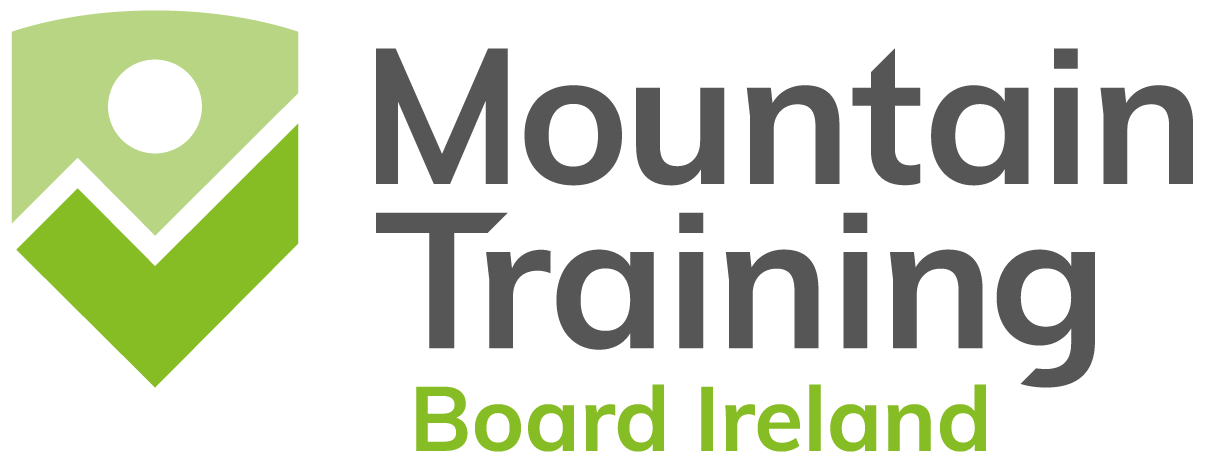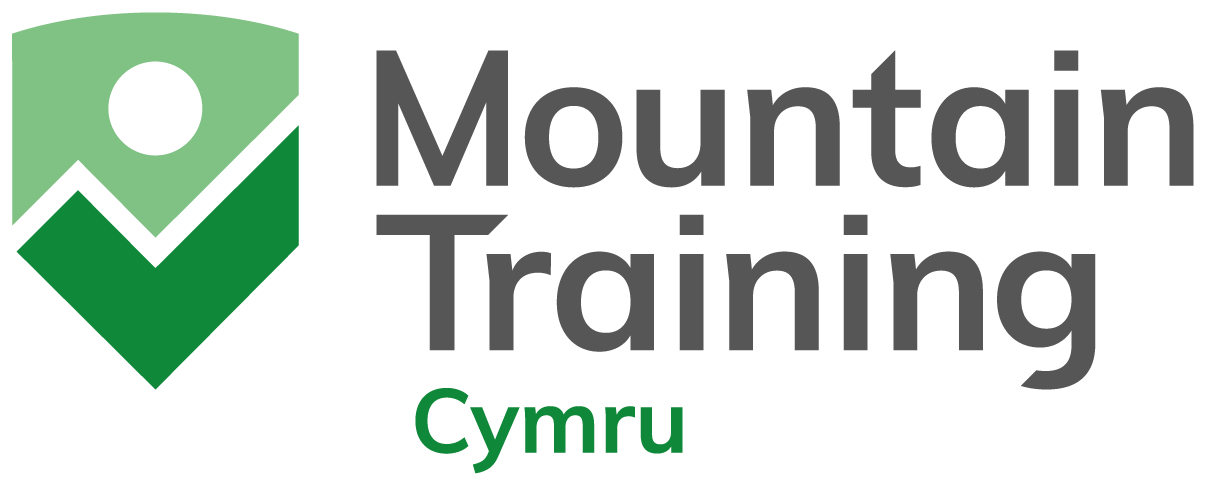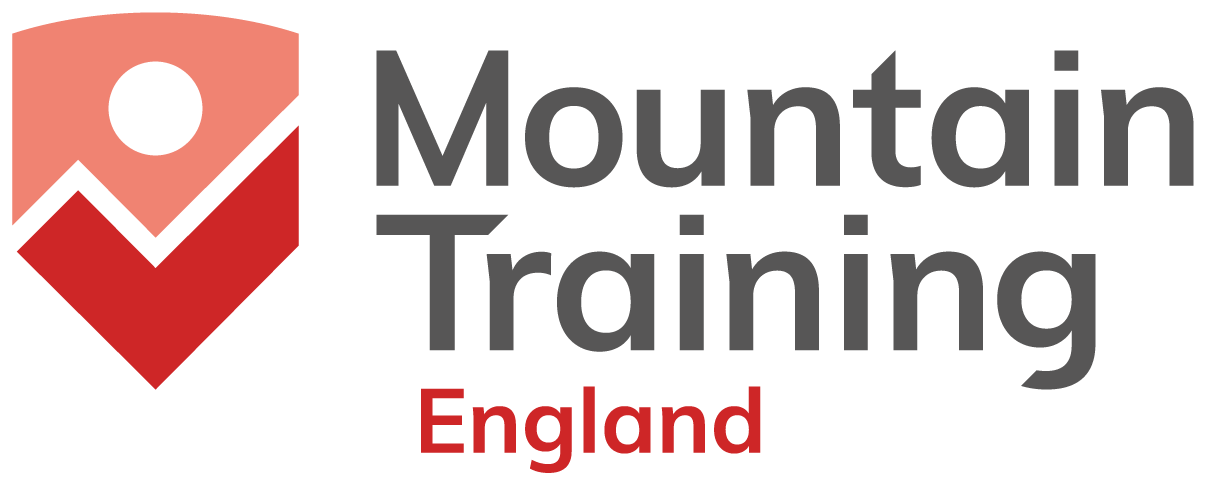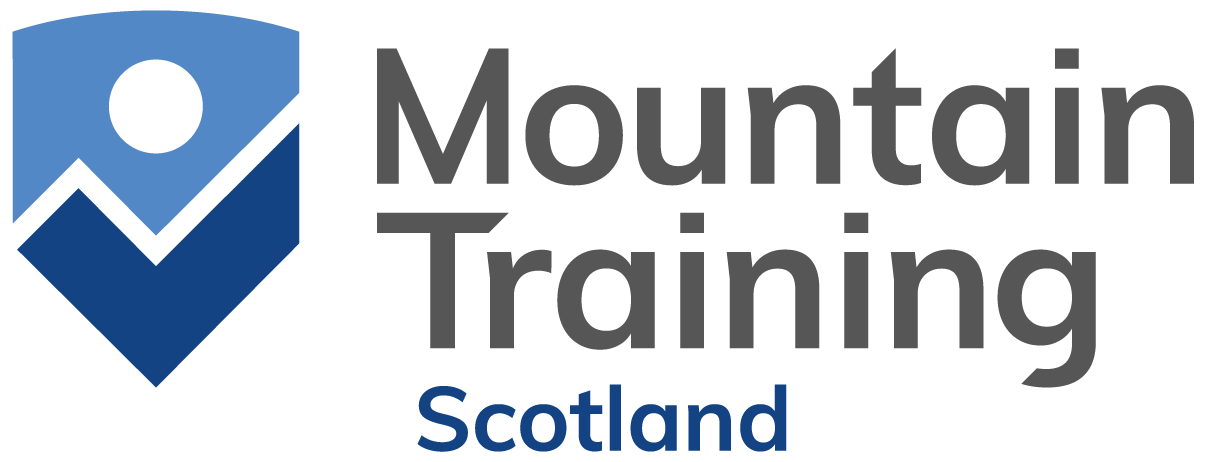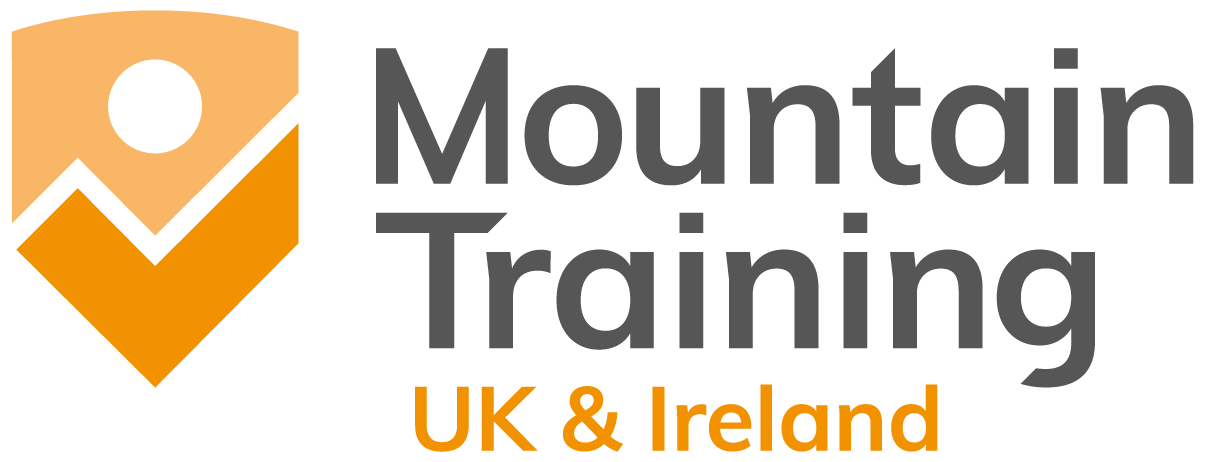Cookie Settings
This site uses third-party website tracking and analytical technologies to help us improve the user experience.
Privacy Policy
Mountain Training Cymru Safeguarding Children, Young People and Adults Policy
1. Scope and purpose
1.1 Mountain Training Cymru (MTC) is committed to safeguarding, promoting and supporting the protection and wellbeing of all children, young people and adults attending Mountain Training courses provided by Mountain Training Cymru approved Providers. This document is intended to clarify how MTC will work with its providers to safeguard the welfare of those who participate in its courses.
1.2 Operational responsibility for the handling of safeguarding concerns rests with the provider. MTC has a role in raising safeguarding standards by implementing this policy, identifying possible problems, and disseminating good practice.
1.3 MTC recognises our responsibility to promote safe practice and to protect children, young people and adults from harm, abuse and exploitation. We embrace difference and diversity and respect the rights of all children, young people and adults.
1.4 Some MTC Providers work as small businesses or sole traders. Others are organisations who have their own formal policies to observe with regard to safeguarding. The following policy is not designed to supersede any Provider’s existing policy and guidance. It is intended to complement their organisation’s existing policy and procedures; or to enable Providers who operate small business or are sole traders to develop their own safeguarding policies and procedures.
1.5 It is expected that all MTC Providers have appropriate policies and procedures in place to protect children, young people and adults in their care and to promote their wellbeing whilst undertaking their Mountain Training course.
1.6 The MTC policy recognises that the safety, welfare and interests of children, young people and adults are paramount. It aims to ensure that regardless of age, ability or disability, gender reassignment, race, religion or belief, sex or sexual orientation, socio-economic background, all children, young people and adults:
- Have a positive and enjoyable experience of undertaking their relevant Mountain Training course in a safe and participant centred environment
- Are protected from abuse whilst participating in any Mountain Training course.
2. Safeguarding children and young people
2.1 As part of our safeguarding policy for children and young people MTC will:
- Promote and prioritise the safety and wellbeing of children and young people on Mountain Training courses
- Ensure Providers have appropriate safeguarding arrangements in place.
- Ensure appropriate action is taken in the event of reports of safeguarding concerns and support is provided to the individual/s who raise or disclose the concern.
3. Expectations of provider organisations - Safeguarding children and young people
3.1 All organisations or individuals seeking to provide courses behalf of MTC to children and young people are required to demonstrate that they have suitable safeguarding arrangements in place. They are required to:
- Submit to MTC a Safeguarding Declaration;
- Submit to MTC copies of their children and young people safeguarding policy with details of safeguarding arrangements;
- Submit to MTC details of a named Designated Safeguarding Lead;
- Ensure that all course directors and tutors attend suitable training in safeguarding children and young people and maintain records of this training;
- Inform MTC of any concerns that occur on a Mountain Training course that invoke their safeguarding procedures.
3.2 MTC expect that a provider’s children and young people’s safeguarding arrangements would include:
- A policy statement setting out the provider’s commitment to safeguarding children and young people and detailing roles and responsibilities;
- A clear procedure to be followed in the event of a safeguarding concern, including to whom staff should report their concerns and who would make the decision to refer the concerns to the statutory agencies where appropriate;
- A process for managing safeguarding concerns;
- A code of conduct for both staff and participants;
- A commitment to the principles of safer recruitment.
- Regular review of safeguarding arrangements to reflect current and emerging threats including but not limited to radicalisation, child sexual exploitation, domestic violence, human trafficking.
3.3 As well as putting appropriate policies and procedures in place, all providers are expected to create a learning environment which is positive and supportive and which:
- Values inclusivity, appreciates difference, welcomes learning from others, and considers all participants to be equal;
- Builds relationships based on mutual respect, and gives and receives feedback in a constructive way;
- Does not tolerate bullying and harassment;
- Respects confidentiality whenever possible when issues are reported;
- Respects everyone’s dignity equally.
4. Safeguarding Adults
MTC is committed to creating and maintaining a safe and positive environment and accepts its responsibility to safeguard the welfare of adults involved in MTC courses. In Wales Social Services & Well Being Act 2014 is mainly about people who are over 18 in need of care and support, usually from their Local Authority.
Definition of Adult at Risk - Wales – Social Services & Well Being Act 2014
An adult at risk is an individual aged 18 years and over who:
a) Is experiencing or is at risk of abuse or neglect, AND;
b) Has needs for care and support (whether or not the authority is meeting any of those needs) AND;
c) As a result of those needs is unable to protect himself or herself against the abuse or neglect or the risk of it.
A definition for safeguarding adults
When we are speaking about adults at risk we are referring to those who have health or social care needs (irrespective of whether or not those needs are being met by social care) and who are unable to safeguard themselves as a result.
While we recognise that some people will be vulnerable due to their learning disability or mental health needs there are also those adults who are at risk due to a specific circumstance they may find themselves in, for example: domestic abuse, forced marriage, sexual or commercial exploitation (this is not an exhaustive list).
Whether or not an adult is identified as being ‘at risk’ all adults should be safeguarded from different types of abuse (Please note: bullying is usually psychological/emotional abuse, but can also be physical abuse) which include but not limited to:
| Self-neglect | Modern Slavery |
| Domestic abuse | Discriminatory |
| Organisational abuse | Physical abuse |
| Sexual abuse | Financial or material abuse |
| Neglect | Emotional or Psychological abuse |
See Appendix B for more detail on types of abuse.
Examples in a Mountain Training course context:
- An elite climber being groomed for sexual abuse by his or her coach;
- A member of a learning disabled walking/climbing club being financially exploited by another club member;
- A young woman confiding in her assessor about a forthcoming holiday where she believes she will be married against her will;
- A course staff member who regularly neglects the individual needs of disabled participants when training.
5. Expectations of provider organisations – Safeguarding Adults
5.1 All organisations or individuals seeking to provide courses on behalf of MTC to adults are required to demonstrate that they have suitable safeguarding arrangements in place. They are required to:
- Submit to MTC a Safeguarding Declaration;
- Submit to MTC copies of their Adult safeguarding policy with details of safeguarding arrangements
- Submit to MTC details of a named Designated Safeguarding Lead
- Ensure that all course directors and tutors attend suitable training in safeguarding adults and maintain records of this training;
- Inform MTC of any concerns that occur on a Mountain Training course that invoke their safeguarding procedures.
5.2 MTC expect that a provider’s Adults’ safeguarding arrangements would include:
- A policy statement setting out the provider’s commitment to safeguarding adults and detailing roles and responsibilities;
- A clear procedure to be followed in the event of a safeguarding concern, including to whom staff should report their concerns and who would make the decision to refer the concerns to the statutory agencies where appropriate;
- A process for managing safeguarding concerns;
- A code of conduct for both staff and participants;
- A commitment to the principles of safer recruitment.
- Regular review of safeguarding arrangements to reflect current and emerging threats including but not limited to radicalisation, adult sexual exploitation, domestic violence, human trafficking.
5.3 As well as putting appropriate policies and procedures in place, all providers are expected to create a learning environment which is positive and supportive and which:
- Values inclusivity, appreciates difference, welcomes learning from others, and considers all participants to be equal;
- Builds relationships based on mutual respect, and gives and receives feedback in a constructive way;
- Does not tolerate bullying and harassment;
- Respects confidentiality whenever possible when issues are reported;
- Respects everyone’s dignity equally.
6. Procedure in the event of a safeguarding concern
6.1 It is the responsibility of providers to respond promptly and effectively to all safeguarding concerns, including making a referral where required to the statutory agencies who are able to protect children, young people or adults.
6.2 The provider should inform MTC when their safeguarding procedures have been invoked. As MTC are not involved in the operational response to the concern, they would not normally need to be given confidential information such as the name of the person about whom there is a concern. The information to be shared is:
- A brief description of the nature of the concern
- The action taken in response
- The outcome
6.3 There may be some circumstances where identifiable information can be shared, with informed consent. This may be because the person concerned will continue to be involved in Mountain Training courses and sharing information will enable them to be better supported, for example.
7. Concerns coming directly to MTC
7.1 On occasion MTC may be contacted directly with concerns about something that has happened on a course. In these circumstances MTC will encourage and support the person reporting to use the provider organisation’s own procedures to resolve the issue.
7.2 If a safeguarding concern has not been resolved by use of the provider organisation’s safeguarding procedures, then MTC will invoke its Safeguarding Case Management Procedure.
8. Recording, Quality Assurance and Monitoring
8.1 MTC will store all records relating to safeguarding matters safely and securely, and use them for the purpose of quality assurance and monitoring. This will allow for the dissemination of best practice; assist in improving provision; and inform the review of this policy.
8.2 This policy will be reviewed by MTC at least every 2 years or if there are significant changes to how MTC works or to legislation and guidance.
Appendix A
Mountain Training Safeguarding Lead
The Designated Safeguarding Lead for MTC is Cath Luke. Her role is to ensure that this policy is regularly updated; communicated to all staff, volunteers, and partner organisations; and to be the person that providers contact if there has been a safeguarding concern. (See Appendix D) Concerns may also be reported to Simon Patton, Executive Officer MTC.
Appendix B
Adult Safeguarding - Types of abuse and neglect described in the Care Act 2014
This is not intended to be an exhaustive list but an illustrative guide as to the sort of behaviour or issue which could give rise to a safeguarding concern. The following definitions are taken from the Care Act 2014.
- Self-neglect: covers a wide range of behaviour: neglecting to care for one’s personal hygiene, health or surroundings, and includes behaviour such as hoarding. This could be an adult whose appearance becomes unkempt, does not wear suitable kit, shows deterioration in hygiene or doesn't care about themselves.
- Modern slavery: encompasses slavery, human trafficking, forced labour and domestic servitude. Traffickers and slave masters use whatever means they have at their disposal to coerce, deceive and force individuals into a life of abuse, servitude and inhumane treatment.
- Domestic abuse: includes psychological, physical, sexual, financial and emotional abuse. It also includes so called 'honour' based violence. Sport participants may notice a power imbalance between a participant and a family member. For example, a participant may be looking quiet and withdrawn when one person comes to collect them from sessions, in contrast to another person whom they greet with a smile.
- Discriminatory: discrimination is abuse which centres on a difference or perceived difference particularly with respect to race, gender or disability or any of the protected characteristics of the Equality Act. This could be the harassing of a course participant member because they are or are perceived to be different in some way.
- Organisational abuse: includes neglect and poor care practice within an institution or setting such as a club for people with learning disabilities or a military training institution, for example, or in relation to groups from a college or training organisation. This may range from one-off concerns to ongoing ill-treatment. It can be through neglect or poor professional practice as a result of the structure, policies, processes and practices within an organisation. In
- Physical abuse: includes, for example, hitting, pushing, slapping or punching an individual, and the inappropriate use of medication, restraint or inappropriate sanctions.
- Sexual abuse: includes rape, sexual assault or harassment, indecent exposure, sexual grooming or coercion, inappropriate looking or touching, sexual teasing or innuendo, sexual photography, subjection to pornography or witnessing sexual acts, indecent exposure and sexual assault or sexual acts to which the adult has not consented or was pressured into consenting, e.g. a mentor who puts pressure on a person to be more "friendly" than they are comfortable with, in order to maintain a good relationship.
- Financial or material abuse: includes theft, fraud, internet scamming, coercion in relation to an adult’s financial affairs or arrangements, including in connection with wills, property, inheritance or financial transactions, or the misuse or misappropriation of property, possessions or benefits. This could be someone taking equipment from a participant or asking them to pay for extra training.
- Neglect: includes ignoring medical or physical care needs, failure to provide access to appropriate health social care or educational services, the withholding of the necessities of life, such as medication, adequate nutrition and heating.
- Emotional or Psychological abuse: includes threats of harm or abandonment, deprivation of contact, humiliation, blaming, controlling, intimidation, coercion, harassment, verbal abuse, isolation or withdrawal from services or supportive networks.
Not included in the Care Act 2014 but also relevant:
- Cyber bullying: occurs when someone repeatedly makes fun of another person online or repeatedly picks on another person through emails or text messages, or uses online forums with the intention of harming, damaging, humiliating or isolating another person. It can be used to carry out many different types of bullying (such as racist bullying, homophobic bullying, or bullying related to special educational needs and disabilities) but instead of the perpetrator carrying out the bullying face-to-face, they use technology as a means to do it.
- Forced marriage: is a term used to describe a marriage in which one or both of the parties are married without their consent or against their will. A forced marriage differs from an arranged marriage, in which both parties consent to the assistance of a third party in identifying a spouse. The Anti-social Behaviour, Crime and Policing Act 2014 makes it a criminal offence to force someone to marry.
- Mate crime: as defined by the Safety Net Project is ‘when vulnerable people are befriended by members of the community who go on to exploit and take advantage of them. It may not be an illegal act but still has a negative effect on the individual.’ Mate Crime is carried out by someone the adult knows and often happens in private. In recent years there have been a number of Serious Case Reviews relating to people with a learning disability who were murdered or seriously harmed by people who purported to be their friend.
- Radicalisation; the aim of radicalisation is to attract people to their reasoning, inspire new recruits and embed their extreme views and persuade individuals of the legitimacy of their cause. This may be direct through a relationship, or through social media.
Appendix C
Additional Guidance
Safeguarding Training – Children & Young People
There is no nationally recognized standard for safeguarding training. Therefore we do not stipulate a specific training course, or make exclusive recommendations. We strongly recommend that training is either attended in person or online, with a trainer who delivers the training live, enabling discussion and questioning. For this reason elearning module training is not suitable.
Safeguarding Training - Adults
The Ann Craft Trust, funded by Sport England, promote and encourages the safeguarding of adults in sport and physical activity. A programme of training is delivered online. It is recommended that MTC providers, course directors and tutors, as a minimum, should view these videos, links below:
https://www.anncrafttrust.org/resources/what-is-safeguarding/ 10 minutes
Introduction to Safeguarding Adults Video - Club Matters Sport England https://www.youtube.com/watch?v=pCoUlhITzWM 6mins
Providers, course directors and tutors may benefit from additional adult safeguarding training at the provider's discretion.
Regulated Activity
Definition of Regulated Activity (Children) These are activities that include the following: Teaching, training, instructing, caring for or supervising children; or providing guidance / advice on well-being; or driving a vehicle only for children, on a frequent basis.
Frequency: Regulated Activities are undertaken at least once a week or more often, or happen intensively on 4 or more days in a 30 day period, or overnight.
Source:
https://assets.publishing.service.gov.uk/government/uploads/system/uploads/attachment_data/file/550197/Regulated_activity_in_relation_to_children.pdf
Definition of Regulated Activity (Adults) There is good detail here with examples: https://assets.publishing.service.gov.uk/government/uploads/system/uploads/attachment_data/file/216900/Regulated-Activity-Adults-Dec-2012.pdf
General Safeguarding Resources
https://learning.nspcc.org.uk/safeguarding-child-protection/writing-a-safeguarding-policy-statement
https://learning.nspcc.org.uk/research-resources/2019/safeguarding-child-protection-standards
https://www.anncrafttrust.org/resources/#sport
https://www.sport.wales/content-vault/safeguarding/
Template policies
Child safeguarding - https://learning.nspcc.org.uk/research-resources/templates/example-safeguarding-policy-statement
Adult safeguarding - https://www.anncrafttrust.org/resources/safeguarding-adults-policy-procedures-templates/
Adults Safeguarding training - videos
https://www.anncrafttrust.org/resources/what-is-safeguarding/ 10 minutes
https://www.anncrafttrust.org/resources/a-video-introduction-to-safeguarding-adults-in-sport/ 6 minutes
Introduction to Safeguarding Adults Video - Club Matters Sport England https://www.youtube.com/watch?v=pCoUlhITzWM 6mins
Other Safeguarding training
https://learning.nspcc.org.uk/training
https://learning.nspcc.org.uk/training/child-protection-safeguarding-sport
https://www.anncrafttrust.org/safeguarding-adults-sport-activity/
https://thecpsu.org.uk/training-events/choose-the-right-training/
Appendix D - Reporting of Safeguarding Concerns to MTC
All providers are required to inform MTC of any concerns that occur on a Mountain Training course that invoke their safeguarding procedures. Please find report form here.
Once complete please email to MTC’s Designated Safeguarding Lead.
